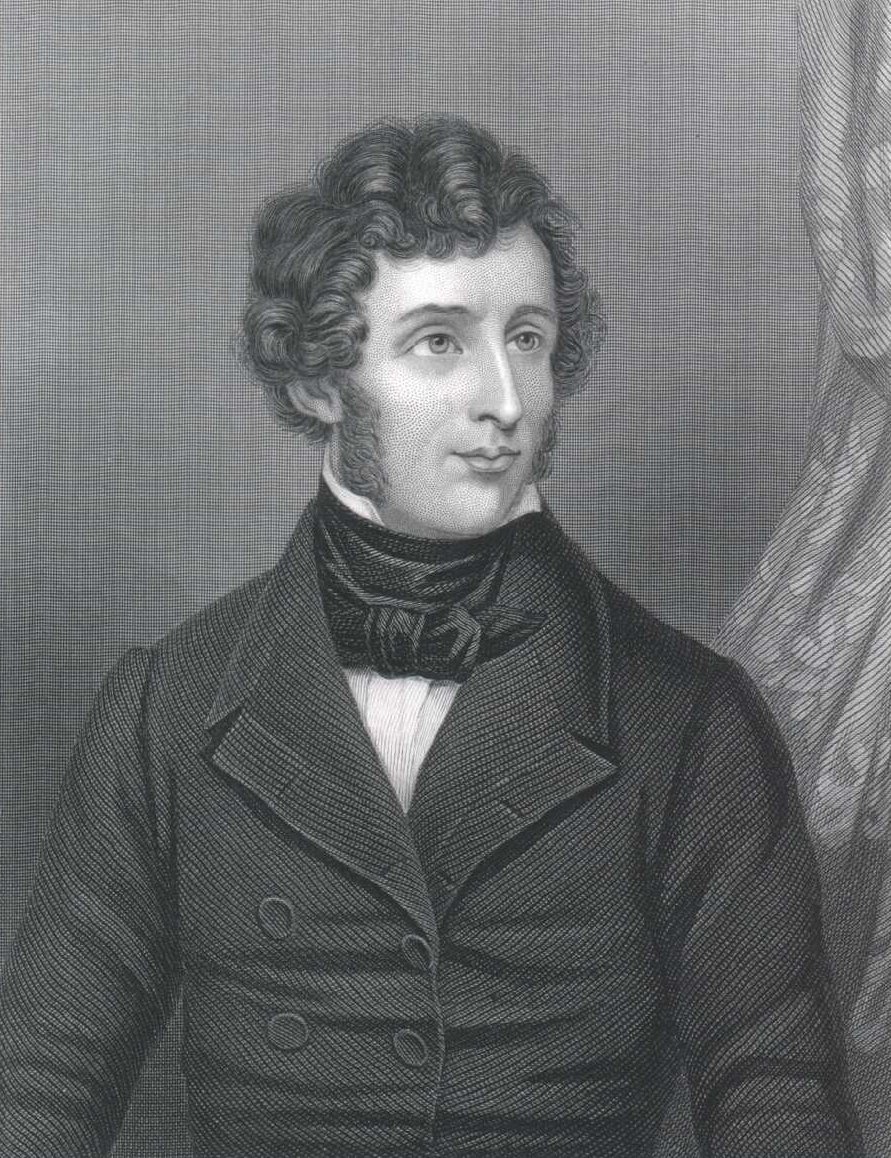- Friedrich Wöhler
Infobox_Scientist
name = Friedrich Wöhler
image_width = 200px
caption = Germanchemist
quotation= Father of organic chemistry
birth_date = birth date|df=yes|1800|7|31
birth_place =Eschersheim ,Frankfurt am Main ,Germany
residence =Germany
nationality =
death_date = death date and age|df=yes|1882|9|23|1800|7|31
death_place =Göttingen ,Germany
field =organic chemistry biochemistry
work_institutions = Polytechnic School inBerlin ,
Polytechnic School atKassel ,University of Göttingen
alma_mater =
doctoral_advisor =Leopold Gmelin ,Jöns Jakob Berzelius
doctoral_students =Heinrich Limpricht Rudolph Fittig Adolph Wilhelm Hermann Kolbe Georg Ludwig Carius
Albert NiemannVojtěch Šafařík Carl Schmidt (chemist) Theodor Zincke
known_for =Wöhler synthesis ofurea
prizes =
religion =
footnotes =Friedrich Wöhler (31 July 1800 - 23 September 1882) was a German
chemist , best-known for his synthesis ofurea , but also the first to isolate several of the elements.Early days
He was born in
Eschersheim , nowadays a district ofFrankfurt am Main . In 1823 Wöhler finished his study ofmedicine inHeidelberg at the laboratory ofLeopold Gmelin , who arranged for him to work underJöns Jakob Berzelius inStockholm . He taught chemistry from 1826 to 1831 at the Polytechnic School inBerlin ; then till 1839 he was stationed at theHigher Polytechnic School atKassel , and then he became Ordinary Professor of Chemistry in theUniversity of Göttingen , where he remained until his death in 1882.Contributions to chemistry
Wöhler is regarded as a pioneer in
organic chemistry as a result of his (accidentally) synthesizingurea in theWöhler synthesis in 1828. [cite journal
title = Ueber künstliche Bildung des Harnstoffs
author =Friedrich Wöhler
journal =Annalen der Physik und Chemie
volume = 37
issue = 1
pages = 330]Major works, discoveries and research
Wöhler was also known for being a co-discoverer of
beryllium andsilicon , as well as the synthesis ofcalcium carbide , among others. In 1834, Wöhler and Liebig published an investigation of the oil of bitter almonds. They proved bytheir experiments that a group ofcarbon ,hydrogen , andoxygen atom s can behave like an element, take the place of an element, and can be exchanged for elements inchemical compound s. Thus the foundation was laid of the doctrine of compound radicals, a doctrine which had a profound influence on the development of chemistry.Since the discovery of
potassium byHumphry Davy , it had been assumed thatalumina , the basis ofclay , contained a metal in combination with oxygen. Davy, Oerstedt, and Berzelius attempted the extraction of this metal, but failed. Wöhler then worked on the same subject, and discovered the metalaluminium . To him also is due the isolation of the elementsyttrium ,beryllium , andtitanium , the observation that "silicium" (silicon ) can be obtained in crystals, and that some meteoric stones contain organic matter. He analyzed a number ofmeteorite s, and for many years wrote the digest on the literature of meteorites in the "Jahresbericht der Chemie "; he possessed the best private collection of meteoric stones and irons existing. Wöhler and Sainte Claire Deville discovered the crystalline form of boron, and Wöhler and Buff the hydrogen compounds of silicon (the silanes) and a lower oxide of the same element.Final days and legacy
Wöhler's discoveries had great influence on the theory of chemistry. The journals of every year from 1820 to 1881 contain contributions from him. It was remarked that "for two or three of his researches he deserves the highest honor a scientific man can obtain, but the sum of his work is absolutely overwhelming. Had he never lived, the aspect of chemistry would be very different from that it is now." Fact|date=September 2007
While sojourning at Cassel, Wöhler made, among other chemical discoveries, one for obtaining the metal
nickel in a state of purity, and with two friends he founded a factory there for the preparation of the metal.Wöhler had several students who became notable chemists. Among them were
Georg Ludwig Carius ,Heinrich Limpricht ,Rudolph Fittig ,Adolph Wilhelm Hermann Kolbe , Albert Niemann, andVojtěch Šafařík .Works
* "Lehrbuch der Chemie", Dresden, 1825, 4 vols.
* "Grundriss der Anorganischen Chemie", Berlin, 1830
* "Grundriss der Organischen Chemie", Berlin, 1840
* "Praktische Übungen in der Chemischen Analyse", Berlin, 1854References
*cite journal
title = Review of "The life and work of Friedrich Wohler (1800-1882)" by Robin Keen, edited by Johannes Buttner
author = Brigitte Hoppe
journal = Isis
volume = 98
issue = 1
pages = 195–196
year = 2007
url =
doi = 10.1086/519116
*cite journal
title = Friedrich Wöhler (1800–1882), on the Bicentennial of His Birth
author = George B. Kauffman, Steven H. Chooljian
journal = The Chemical Educator
volume = 6
issue = 2
pages = 121–133
year = 2001
doi = 10.1007/s00897010444a
Wikimedia Foundation. 2010.
